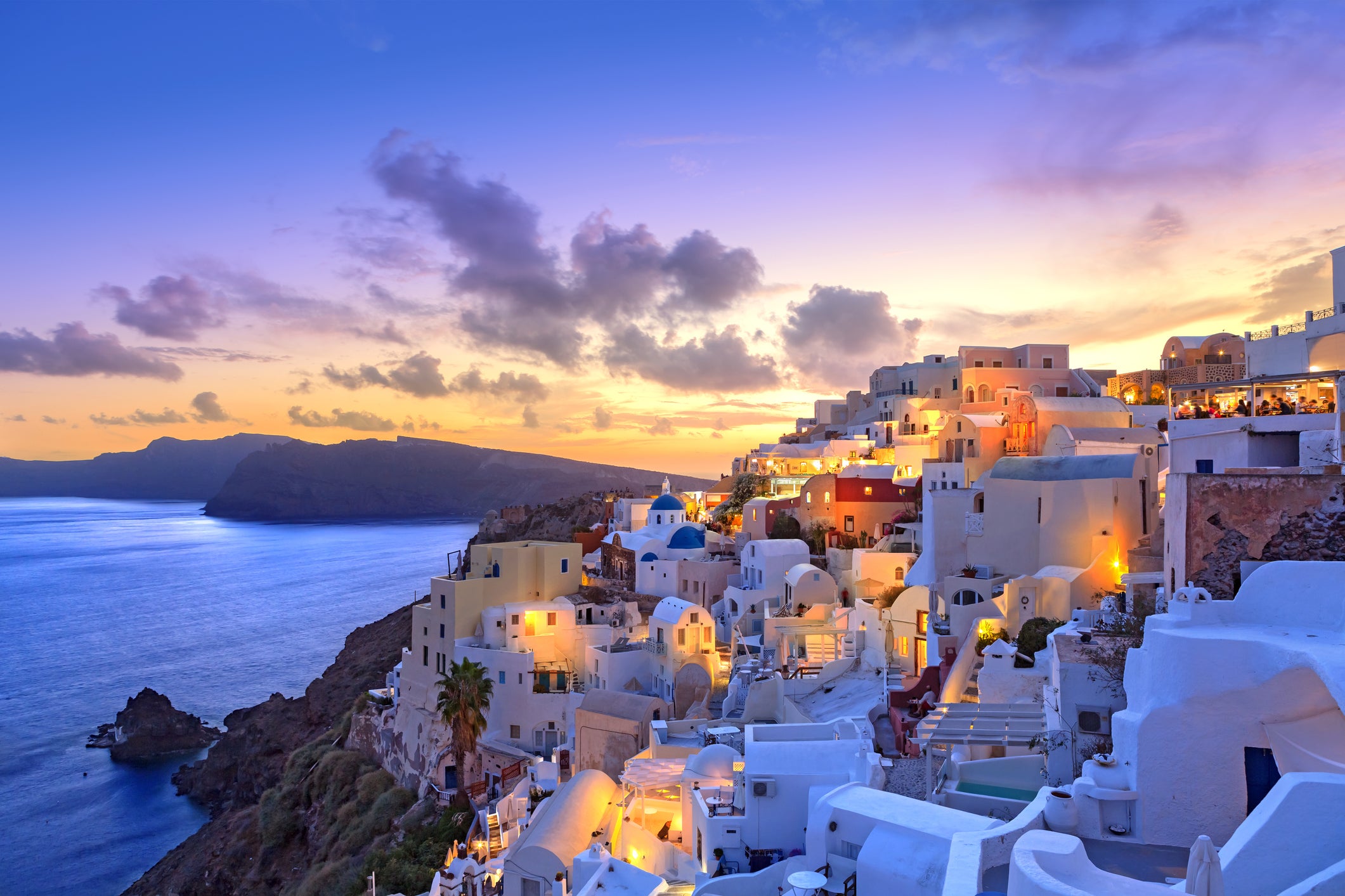Greek government accused of concealing coronavirus cases to boost tourism
'They knew what was going on and said nothing'

The Greek government has been accused of covering up the number of coronavirus cases in popular tourist destinations in the country following pressure from the tourism industry.
Senior health officials and MPs claim the government has falsely recorded the number of people returning from Greek islands who have tested positive for Covid-19 in major cities such as Athens and Thessaloniki as mainland, rather than as island infections, in an attempt to minimise the true number of cases at popular holiday destinations such as Mykonos, Santorini and Paros.
New cases of the virus have also been recorded by region, rather than by individual islands, making it difficult to assess the level of risk in some of the country’s most popular destinations.
According to The Telegraph, medical centres on islands were also instructed to pass their coronavirus statistics to regional health authorities, rather than recording them locally.
The policy changes were implemented in mid-July, as tourists began to return the popular holiday destination and prime minister Kyriakos Mitsotakis announced that the country was “very much open for business.”
Nikos Chardalias, the minister of civil protection, dismissed accusations of deceptive recording, claiming that this approach was taken “so that they [the islands] are not targeted”.
Panagiotis Papanikolaou, the secretary of the Federation of Hospital Doctors’ Associations of Greece, said the move was “unacceptable”, arguing that more transparent data about the scale of the virus on specific islands would have enabled tourists to make more informed decisions about where they chose to travel.
Dr Papanikolaou also accused some international tour operators of “strong-arming the government” into minimising the number of cases in popular holiday destinations.
Yiannis Ragousis, an MP with the opposition Syriza party, argued that fudging statistics around infection rates risked endangering the health of “tens of thousands of people.”
“They knew what was going on and said nothing. Neither to the residents, nor to visitors. Their sloppy excuse that they supposedly didn't want to defame any particular island cannot convince anyone,” he said.
Vasilis Kontozamanis, the deputy health minister, dismissed the accusations as “unworthy of comment. We have provided credible information, never concealed anything and will not do so."
Greece’s low infection rates at the beginning of lockdown began to rise in mid-July, corresponding with the return of tourists to the country.
To date, Greece has recorded 10,524 confirmed cases and 271 deaths.
It comes as a number of holidaymakers tested positive for Covid-19 after returning from Greek islands.
All passengers on a Tui flight from Zante to Cardiff was forced to self-isolate after 16 people tested positive after arriving in the UK.
A similar cluster was also discovered on a flight from Crete to London Luton Airport.
Join our commenting forum
Join thought-provoking conversations, follow other Independent readers and see their replies
Comments
Bookmark popover
Removed from bookmarks